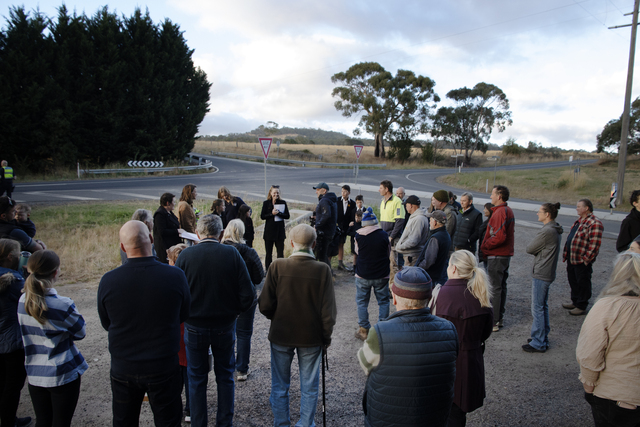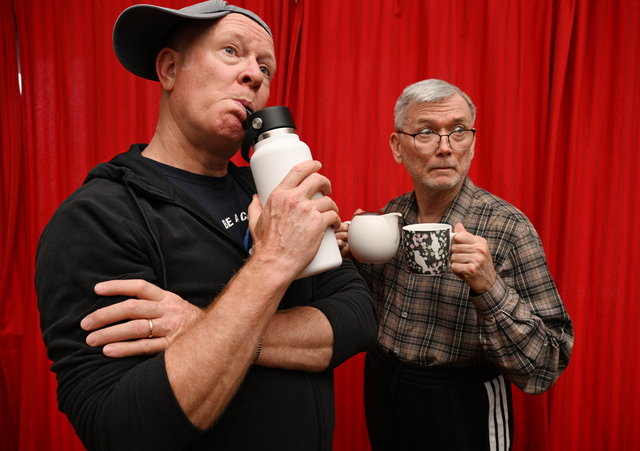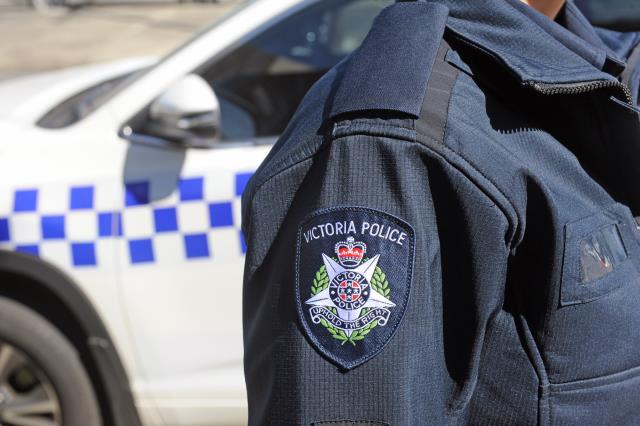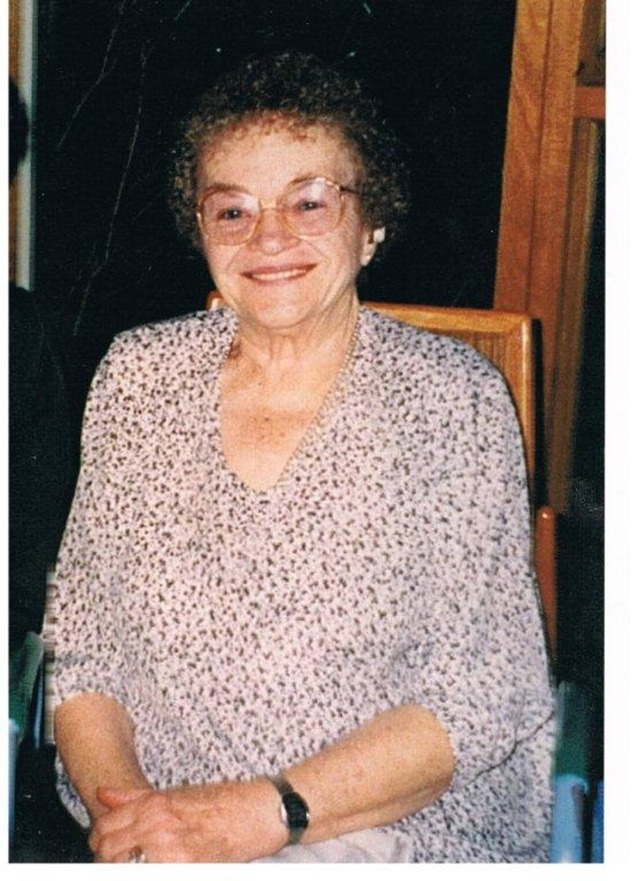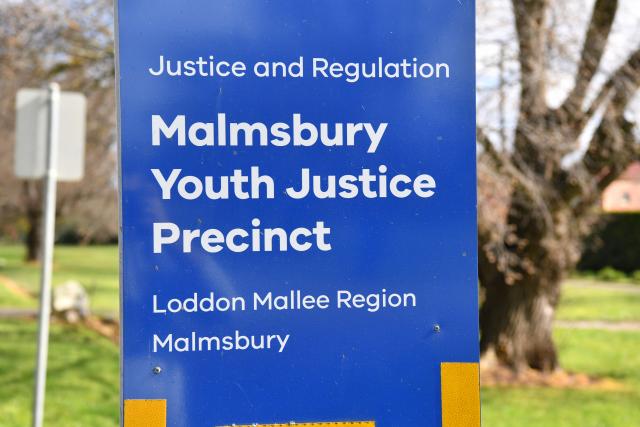Hume and Macedon Ranges councils have welcomed a state government decision to implement new integrity standards including a code of conduct, following monitors appointed to 11 councils this term.
The legislation will be in place following the local government elections in October, and includes a code of conduct to create consistent standards of behaviour and increase accountability, mandatory training and annual professional development.
Since the last elections in 2020, 56 councillors have resigned and 11 councils have had municipal monitors appointed, with one council suspended and one dismissed as a result of governance issues.
Macedon Ranges council director corporate Adele Drago-Stevens said council maintains a positive and professional relationship among councillors and staff, which is crucial for effective governance and decision-making.
“We support any measures that empower councillors to better serve their communities, including more comprehensive training, and enhanced powers… to address any conduct risking health and safety,” she said.
“These amendments aim to clarify roles and provide councillors with the training and support needed to effectively represent their communities.”
Ms Drago-Stevens said misconduct among councillors, while rare, can significantly impact local government integrity.
“The introduction of a uniform code of conduct will standardise expectations statewide and bolster governance quality.
“This amendment has been developed in collaboration with councils and peak bodies to address issues identified by the sector, community and integrity agencies, enhancing the policy framework for good governance.”
A Hume council spokesperson said council welcomes any changes to local government reforms which improve council governance and integrity standards for the sector.
“Our primary objective is to lead our community with sound governance, with the best outcomes for our residents at the centre of all our decision making,” they said.
“Whilst not all our submission asks were met, we appreciate this is a complex issue in trying to manage councillor behaviour within 79 councils across Victoria.”






